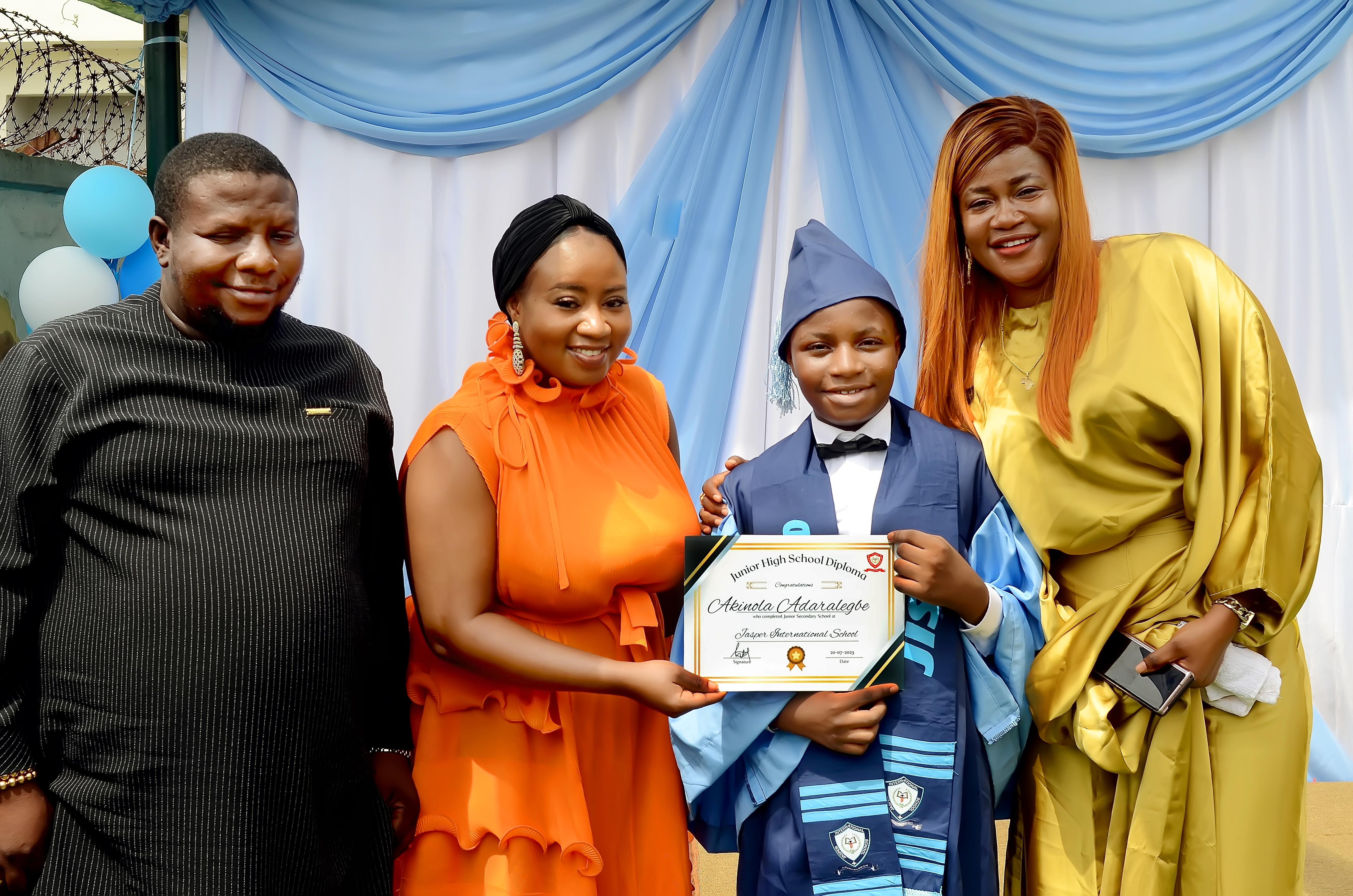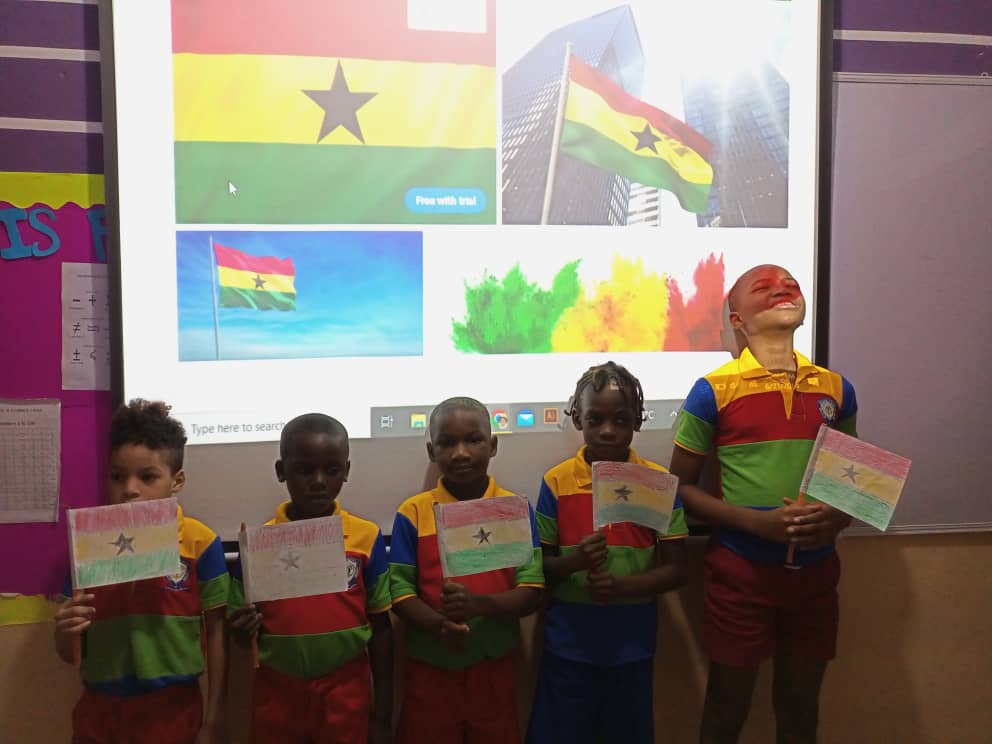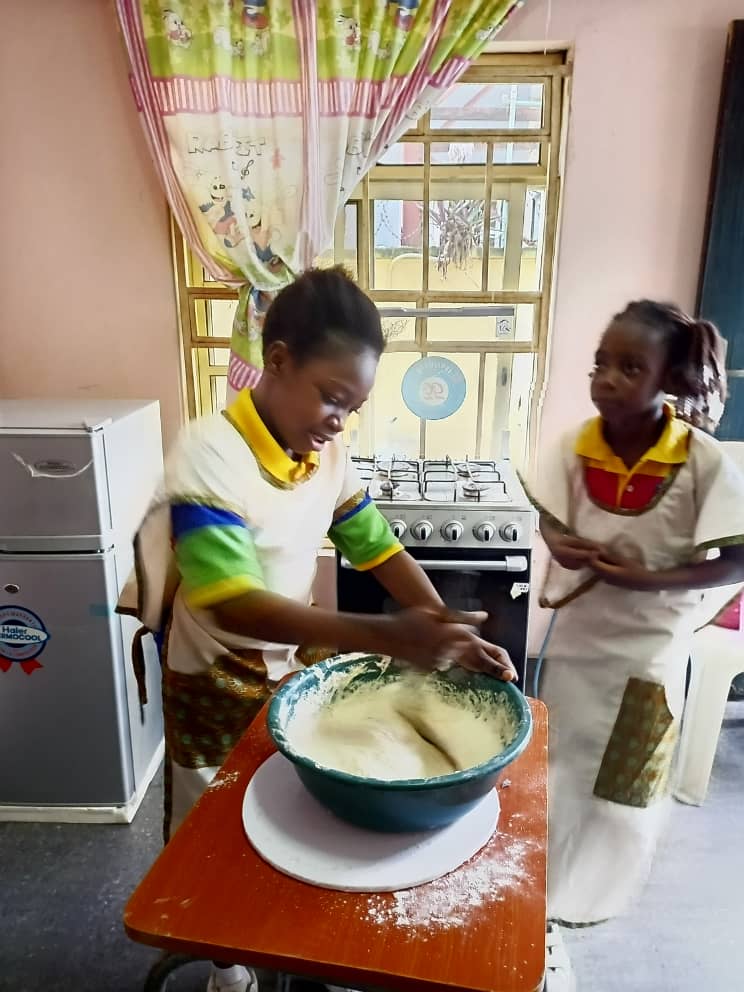Montessori Principles
The Montessori Philosophy
To educate the whole child Dr. Montessori felt the child must have the freedom to learn at his or her own pace and in an individualized manner. The Montessori teachers (Guide) direct the child’s energies into constructive learning channels, taking into account the differences in learning styles and pace. The environment is specially prepared to encourage directed, independent learning. The teachers guide the activity by providing knowledge in the form of presentations. The child is able to learn and acquire an ‘inner discipline’ free of the need for external reinforcements. This is the core of the Dr. Montessori educational philosophy.
JIS adheres to the unique educational philosophy set out a century ago by Dr. Maria Montessori. The Montessori philosophy aims to develop the child's innate desire to learn by using a child's natural curiosity and love of knowledge. The child is able to learn and acquire an 'inner discipline' free of the need for external reinforcements.
Areas of Study
Practical Life exercises help to instill care for self, for others, and for the environment. Activities include many of the tasks children see as part of the daily routine in their home, such as pouring, buttoning, sorting along with exercises of grace and courtesy. Through these tasks, children develop muscular coordination, enabling movement and the exploration of their surroundings. They learn to work at a task from beginning to end, and to develop their powers of control and concentration.
Within our program, the Practical Life curriculum expands from the foundation laid in Early Childhood. Practical Life at the Elementary level shifts from a focus on self-care and fine motor skills, to skills that help children connect with their interests in the outside world, organize their time and take part in their community.
Lessons that teach responsibility are the focus. Work plans support organization and time management skills are incorporated into the daily routine. Children make independent work choices, prioritize activities and meet deadlines.
In our Nursery classrooms, reading is taught with the 'phonetic' method - learning the sounds of the letters in preparation for reading and word building. We use the combination of the Itchy's Alphabet phonics lessons and the Montessori language approach. When reading, students participate in a Reading Program and take levelled books home twice every week.
Reading and writing are integral to all subjects in Montessori Elementary, as children express their interests and satisfy their curiosity. Students master conventions with thorough studies of grammar, spelling, and mechanics. They produce final copies with careful penmanship and keyboarding. They read, analyze, think critically, and compare and contrast literature to support personal opinion and perspective. Using these reading and writing skills, they present ideas through formal and informal presentations.
Early Math activities help young children learn and understand number concepts by manipulating tactile materials. This work gives children a solid understanding of basic mathematical principles, prepares them for later abstract reasoning, and helps to develop problem-solving capabilities.
The ideas of number concepts, place value, numerals, and related quantities are reinforced and expanded upon within the Elementary program. Newfound purposes for familiar math materials provide children with the means to consider number concepts, mathematical operations, and more complex functions, helping to expand advanced mathematical knowledge and understanding.
Sensorial Materials serve as tools for development. Children build cognitive skills, and learn to order and classify impressions by touching, seeing, smelling, tasting, listening, and exploring the physical properties of their environment.
Academic Excellence
Rigorous British curriculum focusing on core subjects and critical thinking skills.

Global Perspective
International awareness and cultural understanding integrated into all subjects.

Personal Development
Emphasis on character building, leadership, and social-emotional learning.

Our Social Sciences curriculum explores the areas of science, social studies, geography, art and history. Children are exposed to a rich, stimulating variety of work through hands-on learning. Working with the cultural materials help children become aware that they are part of the greater family of humanity.
In the Elementary classroom, Interdisciplinary and integrated studies of geology, geography, physical and life sciences, anthropology, and history are built around "Great Lessons," a series of dramatic stories that explore the origins of the universe, our planet, and the continuous development of human advancement. The laws of physics and chemistry reveal the interdependency of all living things. Beginning with a study of civilization, students explore the contributions of history and what it means to be a responsible citizen and to seek ways to make the world a better, more peaceful place.